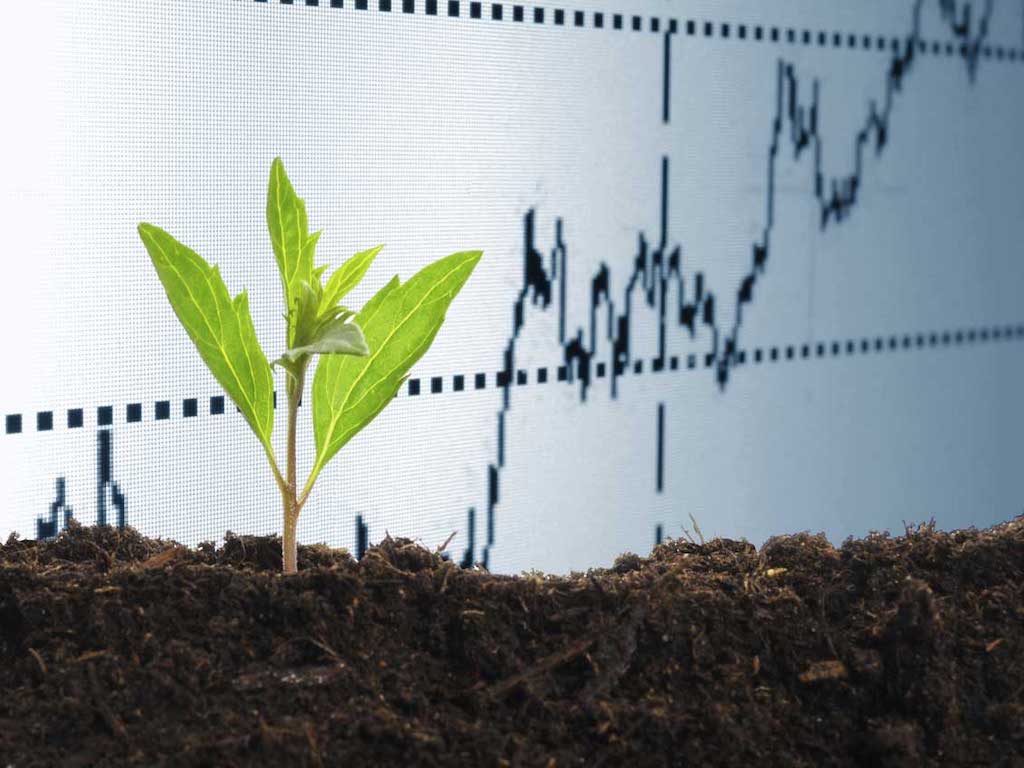3 Mins Read
New data comparing sustainable investments with traditional funds shows that environmentally-friendly focused investments bring greater returns. The evidence comes amid strengthened interest in sustainable investments prompted by the dual threat of coronavirus and climate crisis in what appears to be tidal change for the financial industry.
Statistics obtained by global research firm Morningstar shows that environmentally sustainable funds have outperformed traditional funds across the board, matching or beating them for 10 years prior to the pandemic and during the coronavirus sell-off.
The agency collected data from 745 sustainable funds and compared them against 4,150 traditional funds. In every category – bonds, shares or other financial products – and in all parts of the world, sustainable funds fared better. In the past 10 years, the average return for a sustainable fund under large multinationals stands at 6.9% annually, while traditionally invested funds make 6.3%.
“Average returns and success rates for sustainable funds suggest that there is no performance trade-off associated with sustainable funds. In fact, a majority of sustainable funds have outperformed their traditional peers over multiple time horizons,” said Morningstar’s report.
Not only have sustainable funds done better prior to the pandemic, the trend has lasted throughout the coronavirus crisis, which induced massive stock market volatility.
“In all but one category considered in the study, sustainable funds outperformed, with average excess returns in Q1 2020 ranging between 0.09% and 1.83% across categories,” the analysts said.
Morningstar researchers additionally revealed that sustainable funds tend to last far longer than traditional ones – whilst 75% of sustainable funds last for more than a decade, only less than half can be said for non-sustainable funds. Asset managers usually remove underperforming funds under the radar by merging them with another better-performing fund, evening out the overall figures. This means that traditional fund investors may appear to be doing well over the longer term than the reality.
Interest in environmental, social and governance (ESG) investments have grown dramatically as the threat of coronavirus and climate crisis appears to have prompted the financial industry to recognise the costs of bad corporate stewardship. ESG investing not only mitigates risks to firms’ balance sheets, but have proven to provide cushioning for portfolios against stock market tumbles and sharp volatility.
Hong Kong is no exception to the global trend. In May, the Hong Kong Monetary Authority (HKMA) and Securities and Futures Commission (SFC) established a green finance steering group, a new cross-agency organisation to ensure that companies disclose climate impacts, risks and factors into their investment processes.
Soon after, Link REIT, the first real estate investment trust in Hong Kong and the largest in Asia as measured by market capitalisation, disclosed that it had secured a five-year sustainability-linked loan of HKD$1 billion (US$129 million) from OCBC bank, a show of strengthened commitment to green finance in city.
In the following week, HKEX announced plans to launch a new Sustainable and Green Exchange (STAGE), representing the first Asia-based information platform containing data on green finance investments in the city’s securities markets.
Lead image courtesy of Think Stock.




